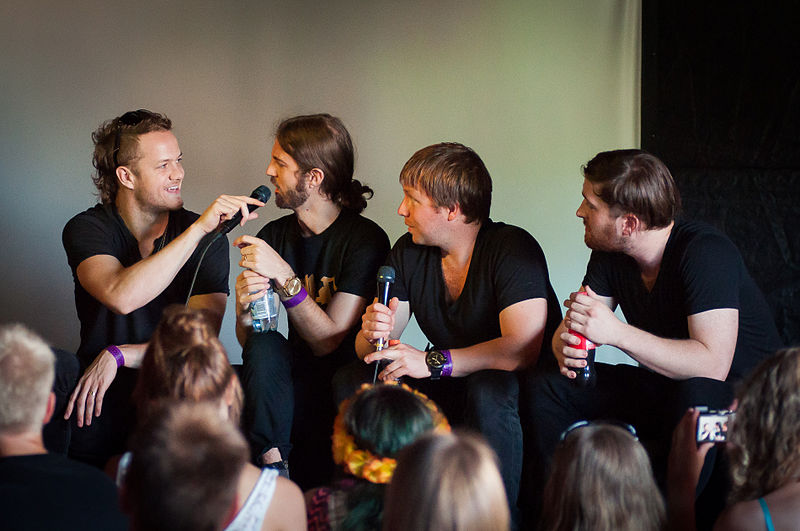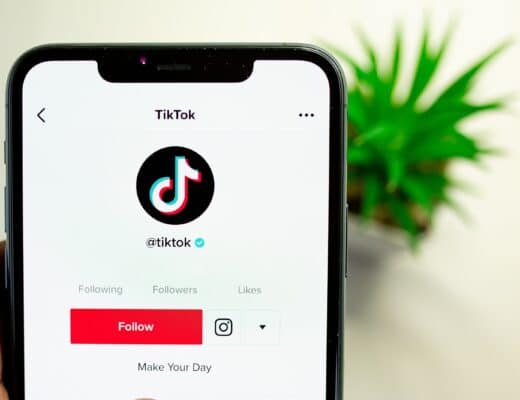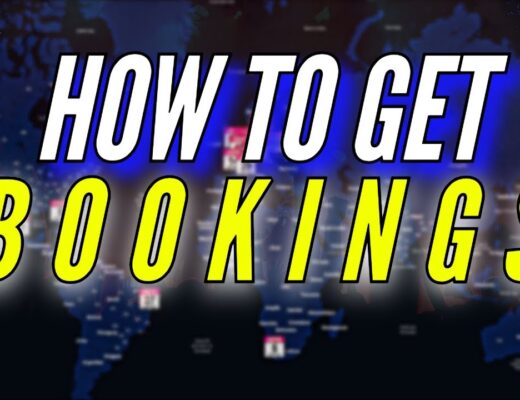Navigating the music industry as an independent artist comes with its fair share of challenges and opportunities. Among these, interviews can be particularly daunting. Whether it’s a chat on a podcast, a live stream, a phone call, or even just responding to questions via email, interviews offer artists a valuable platform to share their stories, connect with audiences, and promote their music.
For artists new to the scene, making a memorable impact can be crucial. If you’re nervous about stepping into the interview spotlight, these practical interview tips will help you approach any interview setting with confidence.
-
Preparation Is Key: Know Your Story and Message
Whether the interview is in person, over a video call, on the phone, or via email, having a good grasp of your story and the message you want to convey is essential. Take time to think about why you create music, what inspires your songs, and the journey that brought you to where you are today. Knowing your narrative inside out will allow you to speak naturally and passionately about your music, which can make all the difference in capturing the interest of your audience.
It’s also beneficial to research the interviewer and the platform. Understanding the style of the publication or the tone of the podcast can help you tailor your answers to suit the audience.
If it’s a blog known for deep-dive features, prepare to share more personal insights. If the platform has a more casual vibe, get ready to chat like you’re talking to an old friend. Adjusting your responses accordingly will make the interview flow more naturally and show that you respect the interviewer’s style.
While preparation is crucial, try not to sound overly rehearsed. Avoid memorising responses word for word; instead, focus on key points you want to touch on. This approach will help you speak authentically and keep the conversation dynamic rather than scripted.
During the interview, if a question catches you off guard, don’t be afraid to take a moment to think about your answer. It’s better to pause and gather your thoughts than to rush into a response. Remember, it’s completely acceptable to say, “That’s an interesting question, let me think about that for a moment.”
It’s also useful to prepare a few key talking points in advance. If you feel like the conversation is drifting or you’re struggling to articulate your thoughts, you can steer the dialogue back to familiar ground by discussing a topic you’re more comfortable with.
-
The Power of Vulnerability and Authenticity
Authenticity is a major factor in connecting with your audience. In the era of social media, people crave genuine stories and emotions, and your fans are no different. Don’t be afraid to open up and show a more vulnerable side in your interviews. While it can be tempting to present a polished image of yourself as a confident artist with all the answers, sharing your struggles, insecurities, or even some behind-the-scenes stories can make for a much more impactful interview.
The beauty of being an independent artist lies in your ability to shape your image without the constraints often imposed by major labels. Use this to your advantage by letting your personality shine through. It’s not about airing your dirty laundry, but rather about sharing experiences that shaped your music and artistic journey.
Perhaps you wrote a song about a challenging time in your life, or maybe your music career started as a means of coping with something traumatic. Opening up about these experiences can help listeners relate to your story, forming a stronger connection to your music.
That said, it’s also okay to set boundaries. If certain topics feel too personal to discuss or you’d rather not go down a particular path, communicate that respectfully. You can still be honest and authentic without compromising your privacy.
-
Keep Your Ego in Check: It’s About the Music, Not Just You
It’s easy for artists to get caught up in their own hype, especially if they start seeing some early success. However, one of the most crucial interview tips for independent artists is to keep your ego in check. Let the music speak for itself and use the interview as a chance to connect with your audience rather than to boast about your achievements.
Your humility will set you apart, especially in a world where many artists are often preoccupied with appearing “larger than life.” There’s a fine line between confidence and arrogance; being self-assured is great, but a little humility can go a long way. When discussing your accomplishments, always remember to credit the people who helped you get there. Whether it’s a supportive producer, a dedicated bandmate, or even your fans, acknowledging the community around you will reflect well on you and help you come across as grounded and appreciative.
Another important aspect of managing your ego is being open to constructive criticism and alternative perspectives. The interviewer might challenge your views or ask a question that catches you off guard. Instead of getting defensive, use these moments to expand the conversation. Showing that you’re willing to listen, learn, and even change your mind can make you more relatable and respected.
- Make the Interview Interesting for the Readers and Listeners
While it might feel like the focus is entirely on you, remember that the aim is to connect with listeners or readers and offer something meaningful. Avoid the trap of giving generic answers or falling into the monotony of simply promoting your latest single. Dig deeper and share anecdotes, insights, or even some humorous moments that shaped your artistry.
It can also be helpful to think about your interview from the audience’s perspective. What do they care about? What would they find intriguing? If you’re discussing a new song, consider sharing the story behind it, the creative process, or even some of the unexpected influences that shaped the track. These details give fans a behind-the-scenes look at your artistry, which can be much more interesting than simply stating the song’s title and where to stream it.
Another way to add depth is by speaking about the broader context in which you create music. Are you influenced by current social issues? Do you have a unique approach to songwriting? Discussing topics that go beyond just you and your music can make the conversation more engaging for a wider audience.
–
If you have a story to share or you want to promote a new release, read our interview tips above and complete an interview submission with A&R Factory via this link. Our A&R team custom-creates interview questions to avoid the pitfall of generic questions leading to uninspired answers.
Article by Amelia Vandergast





No Comments